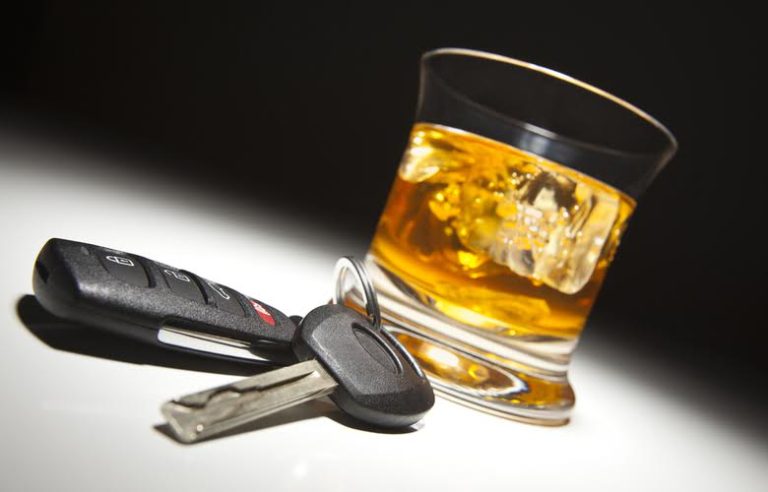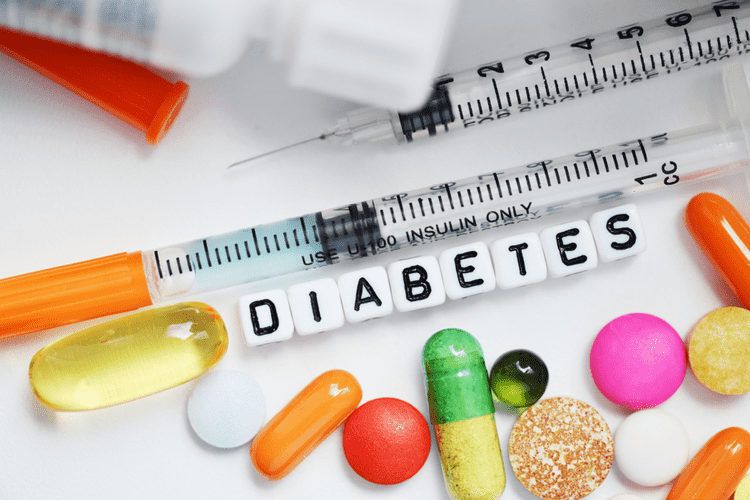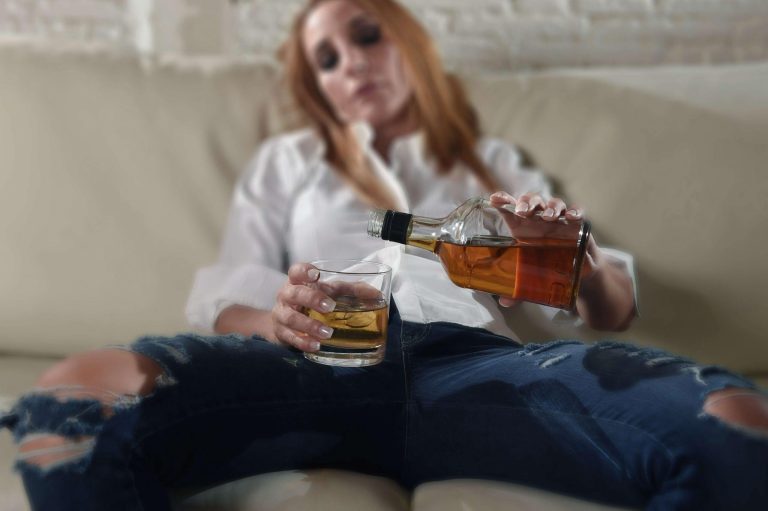This is because alcohol can cause changes in brain chemistry, which can lead to cognitive problems. It is potentially life-threatening, so it is essential to seek medical attention immediately if you experience such symptoms. Here are a few steps you can take to give yourself support and guidance throughout a month https://itechsmobile.usabestelectronicshop.com/mash-certified-sober-homes-2/ without alcohol. As awareness grows, there is an increasing call for more inclusive, alcohol-free workplace activities that cater to all preferences. This is part of a larger movement toward redefining the role of alcohol in professional settings and promoting a healthier work-life balance. These cultures can exist on both macro and micro levels, influencing national drinking behaviors as well as subgroup dynamics within a community.
Long-Term Benefits of Quitting Alcohol
Getting your liver or blood pressure checked by your doctor can help you feel motivated to continue the journey of recovery, and reduce long-term effects of alcohol on the body. By this time, it’s likely you’ve seen a few of the people closest to you (friends, family, coworkers). Without the influence of alcohol, you might notice that you’re arguing less, and can have more authentic conversations. If you’re still feeling irritable, or if you’re not on the same page as your loved ones, that’s okay too! That’s also common, and a great topic to discuss in a support group. By the start of three weeks without alcohol, it’s likely you’ll have developed new ways to fill the time you once spent drinking.
Your Body Starts to Detox

Drinking alcohol can contribute to a variety of cognitive issues, including poor memory, slow reaction time, impaired impulse control, and poor concentration. Over time, drinking can also damage nerve cells and contribute to a loss of brain volume. Like other symptoms, the impact on mood depends on the amount and duration of your alcohol use. For light or moderate drinking, you Sober living home might experience a more temporary, mild effect on mood. If you’ve been drinking heavily or for long periods, the impact will be more pronounced, and it will take longer for your neurotransmitter systems to restore their balance in your body. Some people who stop drinking may experience delirium tremens (DT).
Understand Detox
I strongly desire to change my behavior but to be honest drinking / weed is not causing me any massive life problems /yet/ but eventually it will. And regardless it’s stopping me from living the life that I want. Therapy, medication, and recovery programs can all have benefit for reducing and preventing cravings. Combining medication with therapy and other interventions can prove even more helpful than medication alone. Just as different things can trigger alcohol cravings from person to person, different strategies can help you manage them.

Many companies have found that it is a way to celebrate recent accomplishments from the company or it can bring people together to network and brainstorm. Despite being in a work-related setting there is the risk of overconsumption. This can have serious repercussions for both the individual and their company. Many people go back and forth through the stages of change several times before the change really lasts. One of the financial benefits of giving up alcohol is that you’ll likely have more money to spend.
Learn on the strategies that have worked for you in the past to get through these urges. You might realize that you look forward to weekend mornings now instead of dreading hangovers and hangxiety. Spending quality family time or pursuing our hobbies becomes much more fulfilling than alcohol use. Now you can check out the farmers’ market, go on a long walk, or make some progress on that DIY project. Alcohol causes inflammation, and it can take a few weeks for this side effect to wear off. By the fourth week, inflammation-related symptoms may improve, and you might notice a slimmer face, reduced bloating, and less joint pain.
Severe symptoms of alcohol withdrawal
After all, you’re trying to stop or lessen drinking, not continue. However, using this method can help you avoid severe alcohol withdrawal symptoms and decrease the risk of a relapse. While naltrexone can be a helpful tool on your journey, it’s not a miracle drug on its own.
“Additionally, increased doses of naltrexone, talking to a professional counselor, or finding online resources can help,” Dr Lee said. Dr Lee explains that choosing a non-alcoholic beer or a caffeinated beverage can help provide a small buzz. The clarity that comes from sobriety often leads to renewed spiritual awareness and a deeper relationship with God, opening up prayer and scripture meditation as additional coping techniques. This spiritual foundation provides strength far beyond willpower alone. Sally lives and breathes recovery, and brings a huge amount of energy and passion to both her 1-1, and group work at Delamere. Even 10 minutes catching up on recent news and sharing stories from your daily life can offer enough of a distraction that the craving passes, almost before you know it.

Declining an invitation to a nomikai may be seen as a faux pas, as it is an integral aspect of social etiquette in Japanese business culture. The practice also provides a venue for employees to bond outside the confines of the office and is seen as a way to build social capital with one’s superiors beer after work and colleagues. Of course, we all want a simple, achievable number for how long we should abstain from alcohol in order for our bodies to fully heal from its effects. There are also certain foods like tea, fish and nuts that can benefit the liver’s function in many ways.
You might run into obstacles along the way that tempt you to drink. Keep in mind the reasons you chose to cut back on or quit alcohol. At the end of the day, one of the most important tools you have at your disposal is self-compassion. Instead of criticizing yourself for having a hard time or slipping up and having a drink, remember that no one’s perfect. What matters most is your ability to maintain an open, curious outlook as you learn what does and doesn’t work for you.
Maybe you experience your strongest cravings when you feel anxious or stressed or find yourself facing conflict with someone you care about. She notes that it can help to avoid your triggers as much as possible in early recovery, since triggers are often most intense when you first stop drinking. External triggers refer to the environmental cues you link to alcohol, including places, times, people, and situations. Most people who experience cravings notice a mix of internal and external triggers. Alcohol can cause inflammation and damage to your liver when used heavily over prolonged periods. After stopping alcohol, inflammation in your liver caused by alcohol will subside.
- Alcohol withdrawal symptoms are more likely in heavy drinkers.
- Finding things to distract you from drinking is a great way to deal with any potential urges.
- She goes on to explain that while the craving might be intense, it will lessen and pass in a few minutes.
- “The alcohol was certainly a numbing agent,” listener Mark Vowers told us.
You also need a reason that will help keep you from having relapses, dealing with withdrawal, and staying committed to your goal of sobriety. Research shows that the majority of people who eventually achieve long-term sobriety have at least 1 relapse. I won’t lie to you and say that it’s guaranteed that you’ll have a large support network.

